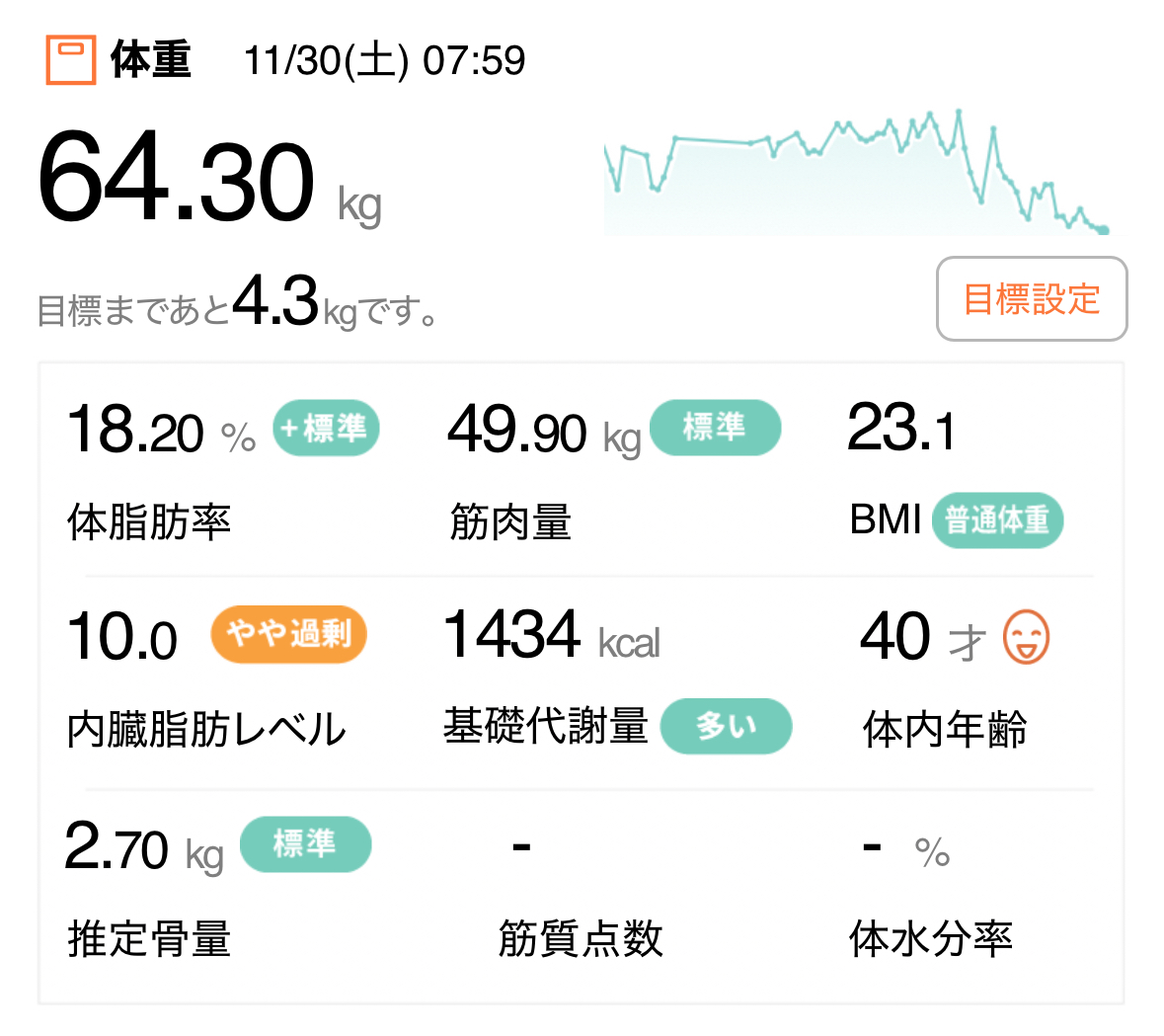アロマセラピーに関する研究
| <アロマセラピーの研究について> | * |
| * | * |
| ノーベル医学生理学賞を受賞したアロマの効用 | * |
|
* |
| がん患者へのストレス減少に関する研究 | * |
(2004年10月07日の日記を元にしています。) |
* |
ジャンル別一覧
人気のクチコミテーマ
-
-

- 入浴後の体重
- 2024/11/29(金)・「0・8減」(#^^…
- (2024-11-29 17:00:00)
-
-
-

- ダイエット日記
- 11月最終結果になります(328日目 6…
- (2024-11-30 09:22:44)
-
-
-

- スポーツジムに通っている人
- 11/24トレーニング
- (2024-11-24 19:54:08)
-
© Rakuten Group, Inc.



